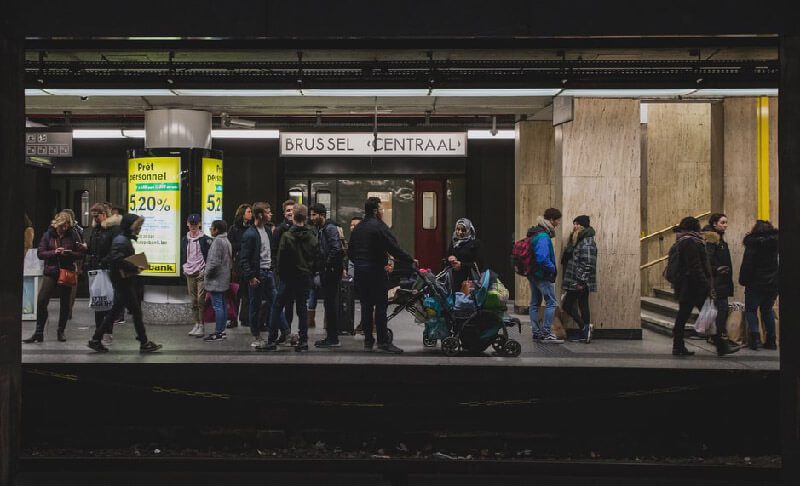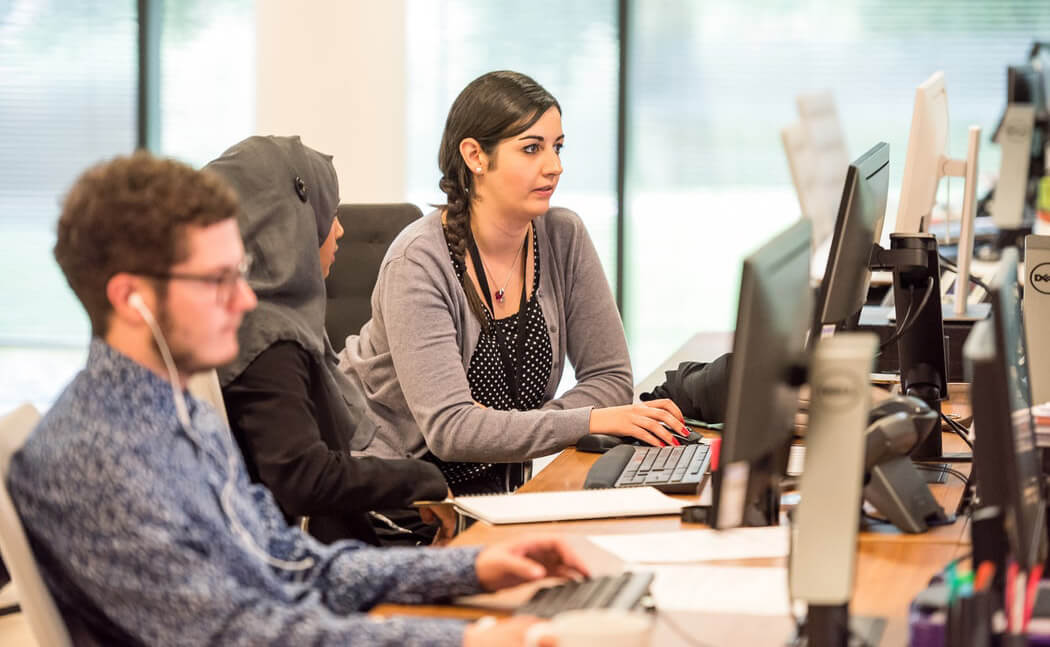Too little, too late for Mr. Orban
Too little, too late if you ask me.
To tolerate a disruptive behaviour for years and years, ignoring authoritarianism and right-wing excesses under some made-up Christian-conservatism, is the same as looking idly at extremism growing freely inside the very fabric of our leadership structure and in our societies.
And now that we have arrived here do we really think that Viktor Orban and Fidesz are in any way affected by the EPP’s decision to suspend his party? Or that they will suddenly be ashamed and change something in their political approach? Unfortunately, it is too late for that. We all know what’s going to happen from here.
Orban will intensify his rhetoric, and he will posture even more shamelessly as the self-styled last defender of Christianity.
In his own words sent to the EPP group, he is “attacked” in a moment when “hundreds of thousands of Europeans are hospitalised, and our doctors are saving lives” and the EPP decision is “undemocratic, unjust and unacceptable”.
Orban will continue to pump public money, national and European into his propaganda machine. He will continue to shout and put posters on motorways depicting himself as the defender of all Europe from immigrants, from the evil Soros, and from the incompetent politicians in Brussels, who spend their time tirelessly working out plans to harm the innocent people who voted for him.
Of course, he is the kind of leader with little regrets, and he will sacrifice anything and anybody, including his citizens, for his political gain.
Speaking of Soros, let’s ask him if he’s happy with supporting Orban in the early nineties. And more importantly, let’s ask ourselves if Hungary’s people deserve what’s coming to them. An isolated country ruled by an authoritarian leader who twists reality to match his particular interest. Orban is a political leader that will confuse the destiny of his country with his political survival.
The growing swell of anti-European strategists are working hard to find fractures in our political construction, and there is nothing more prominent and more explicit than Orban and Fidesz.
And the fact he was allowed to be part of EPP, throwing at him small and insignificant threats that he ignored repeatedly, was a real help for him to prosper and work on more fractures between us. He was the “bad boy,” the one who said it at it was, and because the costs were postponed continuously, he is now playing a martyr facing a wrongful conviction. Let’s face it! He used us and he used all the European crises to gain political advantage.
But it can be an excellent lesson for the future if we can understand the dangers behind [such] hesitation.
The price of this lesson is the future of democracy, nonetheless. We will continue to meet Orban at the European Council. His party is still in power and part of the European Parliament. He will seek alliances with the extremist forces from inside Europe and also abroad. It will be a nightmare.
But it’s a good reason to understand why we need a united Europe, without two speeds, with west and east, north and south, joining hands and sharing visions.
The too-much-delayed Conference on the Future of Europe is the opportune moment.
Maybe the design of its governance is not ideal. Still, we must go past that and focus on the content, use it to give voice to our citizens and pursue a union that emerges more resilient in the face of crisis, generates economic opportunity and growth, and is more prominent in this new multi-polar world.
The best joke on Orban is to turn him into an undercover agent of European integration.
_Dragoș Tudorache is a Romanian MEP. _














